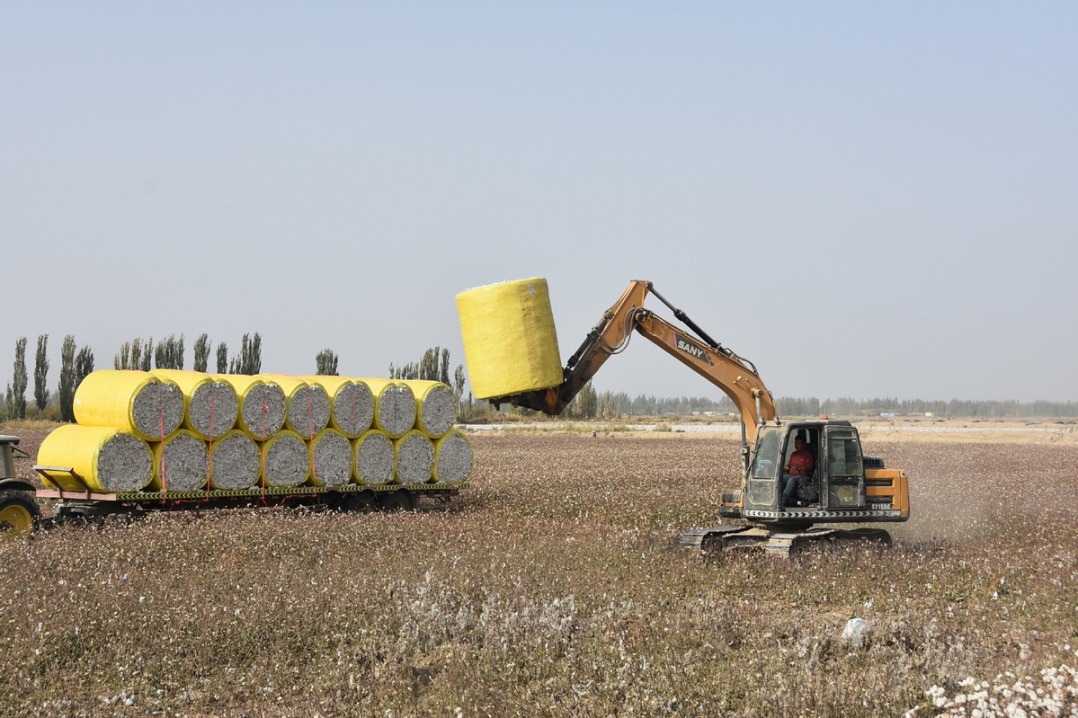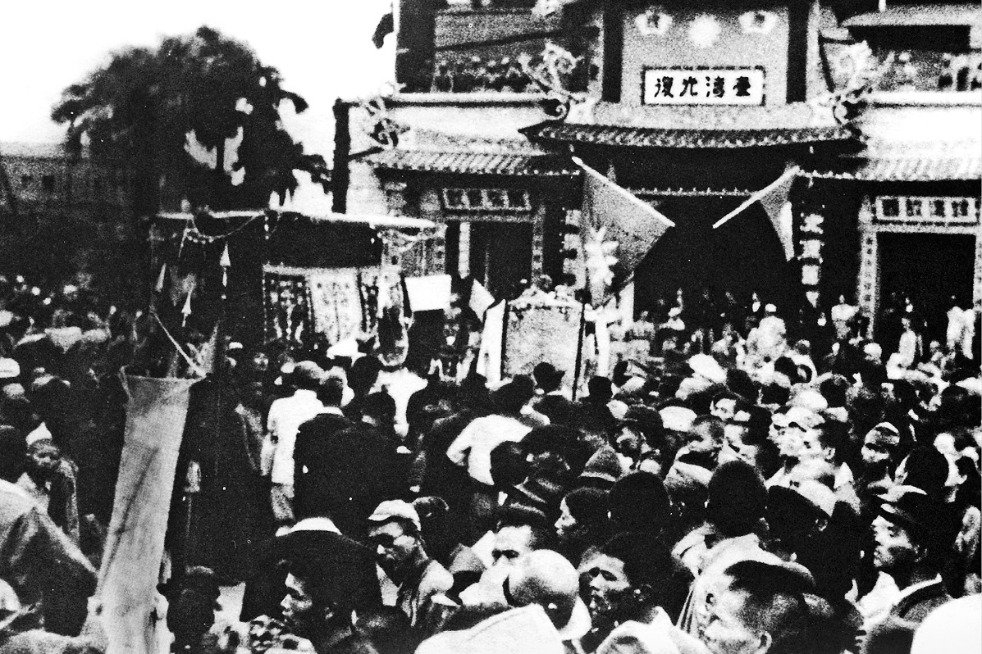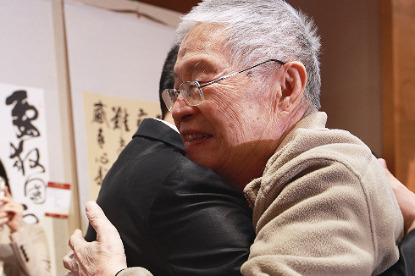Law reinforces supervision of administrative acts

China's top court has emphasized the importance of regulating the behavior of government departments through judicial measures, urging courts nationwide to play a stronger role in supervising administrations and promoting high-quality development.
The Supreme People's Court recently released information on seven notable administrative cases, reaffirming the need to effectively and efficiently resolve disputes between individuals and government bodies. The details about the cases were released to mark the 10th anniversary of the revised Administrative Procedure Law.
In one highlighted case, a driver surnamed Qin, from Qijiang district in Chongqing, filed a lawsuit with the local court, because he was dissatisfied with the penalty imposed by the local traffic police in 2018.
At a T-junction in Qijiang, the traffic police did not place a "No Right Turn" sign at the intersection, where it would be easily visible. Instead, they put up a "No Entry "sign about 30 meters into the road on the right, which led to a primary school. In addition, the sign was on the left side of that road and on the ground, making it less noticeable.
On June 16, 2018, Qin spotted the "No Entry" sign only after he had made a right turn at the intersection, and he was fined 200 yuan ($28).
Qin's appeal for revoking the traffic penalty was not granted by the local court in 2019, prompting him to appeal to the Fifth Intermediate People's Court of Chongqing.
Surveillance data showed that between June 21, 2017, and May 10,2019, a total of 5,814 vehicles were caught by traffic police on the same road and fined for the same reason as Qin.
In 2020, the intermediate court ruled in his favor, stating that traffic signs in the area in question were not set up in a standardized manner and could easily confuse drivers.
He Haibo, a law professor at Tsinghua University in Beijing, agreed with the ruling, emphasizing that under the revised Administrative Procedure Law, all courts have the authority to revoke administrative actions that are "clearly inappropriate".
Citing the large number of vehicles caught on surveillance cameras on the road in less than two years, he said behaviors that cause "significant harm" or "major inconvenience" to the public are considered "clearly inappropriate" under the law.
He praised the judicial recommendations sent by the intermediate court to local traffic management authorities, who then optimized all traffic signs in the area, effectively resolving the issue of frequent traffic rule violations caused by these signs.
According to data provided by the top court, from May 2015 to June 2025, courts across China concluded 2.83 million first-instance administrative cases. Among the new cases in 2024, those arising from land acquisition, along with demolition and relocation, accounted for 26.1 percent, while cases related to administrative penalties made up 14.4 percent.
The top court noted that the appeal rate and the retrial application rate for administrative cases remain high, and it urged all courts nationwide to play a stronger role in addressing administrative issues while supervising government departments to ensure proper law enforcement.
caoyin@chinadaily.com.cn
- China resolutely opposes US arms sales to Taiwan: spokesperson
- Hong Kong-Zhuhai-Macao Bridge handles over 93 million passenger trips in seven years
- Mainland spokesperson calls for cross-Strait joint efforts to resist external challenges
- 'We have always been Chinese' — Taiwan youth speaks out
- World's first living human receives gene-edited pig liver, surviving 171 Days
- Global Mayors Dialogue Zhengzhou kicks off





































